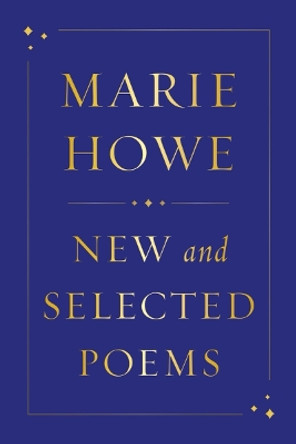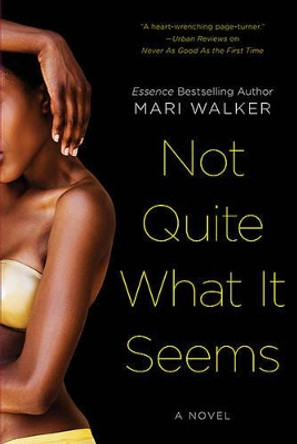Description
What the Earth Seemed to Say is a powerful collection of more than three decades of profound, luminous poetry from one of America's most daring and courageous poets.
With its 'radical simplicity and seriousness of purpose, along with a fearless interest in autobiography and its tragedies and redemptions' (Matthew Zapruder, New York Times Magazine), Marie Howe's poetry transforms penetrating observations of everyday life into sacred, humane miracles. This essential volume draws from each of her four previous collections - including Magdalene (2017), a spiritual and sensual exploration of contemporary womanhood, and What the Living Do (1997), a haunting archive of personal loss - and contains more than fifteen new poems. Whether speaking in the voice of the goddess Persephone or thinking about ageing while walking the dog, Howe is 'a light-bearer, an extraordinary poet of our human sorrow and ordinary joy' (Dorianne Laux).
About the Author
Marie Howe is the author of five books of poetry. Her retrospective, What the Earth Seemed to Say: New & Selected Poems (Bloodaxe Books, 2024), draws on four collections published in the US: Magdalene (W.W. Norton, 2017), which was longlisted for the National Book Award; The Kingdom of Ordinary Time (W.W. Norton, 2009), which was a finalist for the Los Angeles Times Book Prize; What the Living Do (W.W. Norton, 1998); and The Good Thief (Persea Books, 1988), which was selected by Margaret Atwood for the 1987 National Poetry Series. What the Living Do is in many ways an elegy for Marie Howe's brother John, who died from AIDS in 1989. She also co-edited the anthology In the Company of My Solitude: American Writing from the AIDS Pandemic (Persea Books, 1995).
Born in 1950 in Rochester, New York, Marie Howe worked as a newspaper reporter and teacher before receiving her MFA from Columbia University in 1983. Stanley Kunitz selected her for a Lavan Younger Poets Award from the Academy of American Poets in 1988. Her other awards include the 2015 Academy of American Poets Fellowship, as well as grants from the John Simon Guggenheim Foundation, the Bunting Institute, and the National Endowment for the Arts. She served as the first Poet Laureate of New York State from 2012 to 2014, and is poet in residence at The Cathedral Church of St John the Divine in New York City. She has taught at Tufts University and Dartmouth College, among other institutions. In 2018 she was elected a Chancellor of the Academy of American Poets. She currently teaches at Sarah Lawrence College and lives in New York City.
Reviews
Marie Howe's poetry is luminous, intense, and eloquent, rooted in an abundant inner life. Her long, deep-breathing lines address the mysteries of flesh and spirit, in terms accessible only to a woman who is very much of our time and yet still in touch with the sacred.
-- Stanley KunitzMarie Howe's poems are remarkable for their focused, intense, and haunting lyricism. Her poems characteristically unfold through a series of luminous particulars that gather emotional power as they delve into the complexities of the human heart. Her poems are acclaimed for writing through loss with verve, but they also find the miraculous in the ordinary and transform quotidian incidents into enduring revelation.
-- Arthur SzeEach book of Marie Howe's is a singular accomplishment, but none is as wildly alive as this.... Howe sweeps up a life and fixes it on the page, and stands here before us, the stunned and grateful witness of all that's taken and granted by love and time.
-- Mark Doty * on Magdalene *Book Information
ISBN 9781780377247
Author Marie Howe
Format Paperback
Page Count 176
Imprint Bloodaxe Books Ltd
Publisher Bloodaxe Books Ltd
Dimensions(mm) 234mm * 156mm * 13mm










